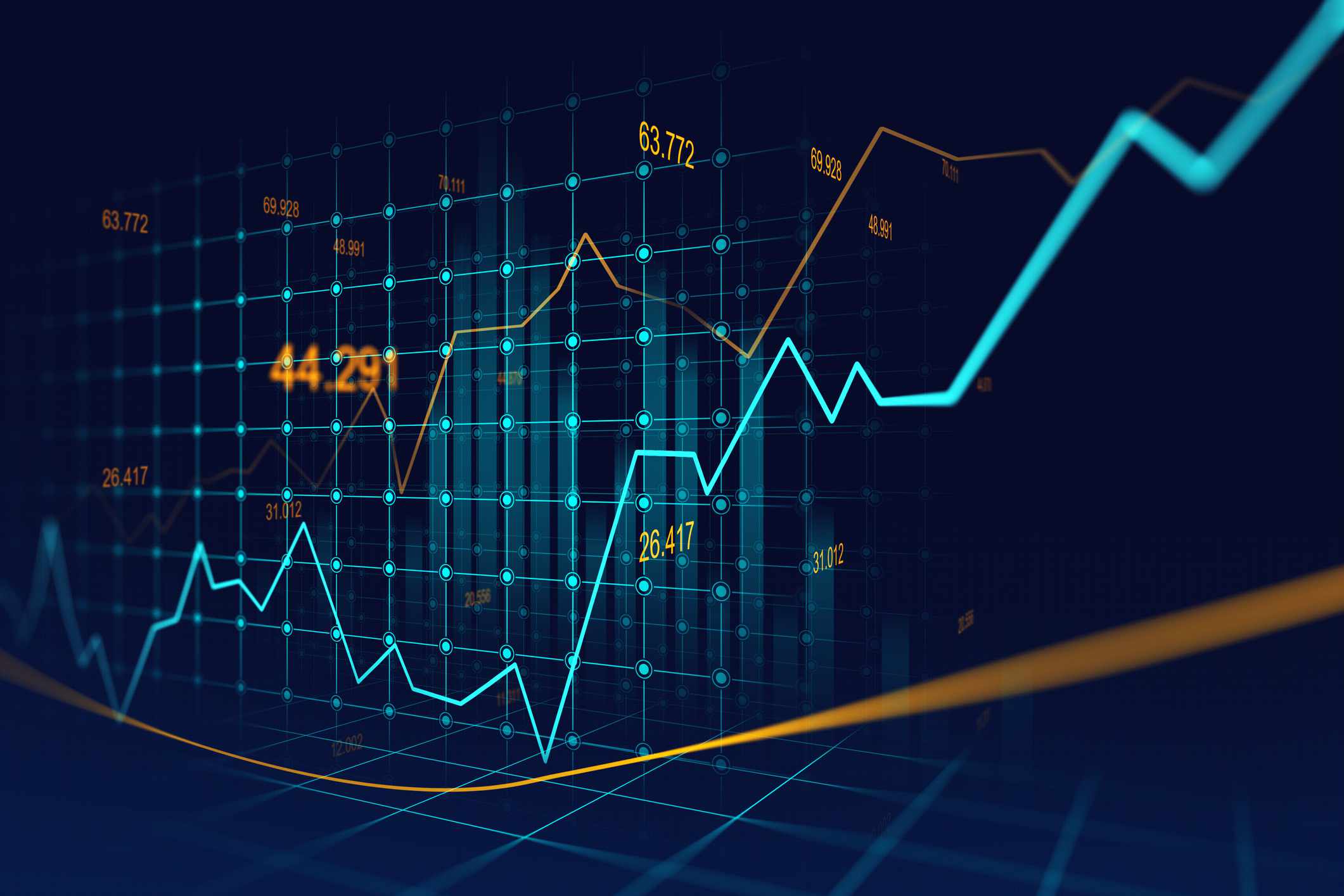In the realm of financial markets, Forex trading stands out as one of the most dynamic and potentially lucrative fields. However, the method through which traders execute their trades can significantly impact their success. Traditionally, manual trading has been the norm, but with advancements in technology, Forex algorithmic trading has emerged as a compelling alternative. This article delves into the reasons why Forex algorithmic trading might be the superior choice for traders looking to optimize their strategies and maximize profits.
What is Forex Algorithmic Trading?
Definition and Overview
Forex algorithmic trading, also known as automated trading or algorithmic trading, involves the use of computer programs to execute trading strategies automatically. These algorithms are designed to analyze market data, identify trading opportunities, and execute trades without human intervention.
How Does it Work?
Forex algorithms utilize mathematical models and predefined parameters to make trading decisions. These algorithms can analyze vast amounts of market data in real-time, allowing for swift and precise execution of trades across multiple currency pairs.
Evolution of Algorithmic Trading
The concept of algorithmic trading dates back to the 1970s, but it wasn’t until the late 1990s and early 2000s that advancements in computing power and connectivity made it accessible to retail traders. Since then, algorithmic trading has experienced exponential growth, with high-frequency trading (HFT) becoming a dominant force in the Forex market.
Benefits of Forex Algorithmic Trading
Speed and Efficiency
One of the primary advantages of algorithmic trading is its speed and efficiency. Algorithms can execute trades in milliseconds, far faster than any human trader could react. This speed is crucial in fast-moving markets where prices can change rapidly.
Elimination of Emotional Bias
Human traders are susceptible to emotions such as fear and greed, which can cloud judgment and lead to irrational decisions. Algorithmic trading removes this emotional bias by executing trades based solely on predefined criteria and mathematical models.
Backtesting and Optimization
Forex algorithms allow traders to backtest their strategies using historical data, providing valuable insights into their performance over time. Additionally, algorithms can be optimized to maximize returns and minimize risks, giving traders a competitive edge in the market.
Diversification and Risk Management
Algorithmic trading enables traders to diversify their portfolios across multiple currency pairs and strategies, reducing the impact of adverse market movements on overall performance. Furthermore, algorithms can incorporate risk management techniques to protect capital and preserve profits.
Challenges and Limitations
Complexity and Technical Knowledge
While algorithmic trading offers numerous benefits, it also comes with a steep learning curve. Developing and implementing effective algorithms requires a solid understanding of programming, mathematics, and financial markets, which can be daunting for novice traders.
System Failures and Technical Glitches
Algorithmic trading systems are not infallible and are susceptible to technical glitches, system failures, and cyber-attacks. A single malfunctioning algorithm can result in significant financial losses, highlighting the importance of robust risk management protocols.
Market Volatility and Black Swan Events
Even the most sophisticated algorithms can struggle to navigate extreme market volatility and unforeseen events, often referred to as “black swan” events. During such periods, traditional risk models may prove ineffective, leading to unexpected losses for algorithmic traders.
Comparative Analysis: Forex Algorithmic Trading vs. Manual Trading
Speed and Execution
Algorithmic trading excels in terms of speed and execution, offering unparalleled efficiency compared to manual trading. Human traders simply cannot match the speed and precision of algorithms when it comes to executing trades in fast-paced markets.
Emotional Bias and Discipline
Manual trading relies heavily on human judgment and intuition, making it susceptible to emotional bias and cognitive errors. In contrast, algorithmic trading eliminates these psychological factors, ensuring disciplined execution of trading strategies based on predefined rules.
Scalability and Consistency
Algorithmic trading offers scalability and consistency, allowing traders to execute complex strategies across multiple markets and timeframes with ease. Manual trading, on the other hand, is inherently limited by human capacity and subject to variability in performance.
Adaptability and Learning
While algorithms can be optimized and refined over time, they lack the adaptability and intuitive decision-making capabilities of human traders. Manual traders can leverage their experience and insights to adjust their strategies in real-time, potentially capitalizing on emerging opportunities that algorithms might overlook.
Expert Insights
Quotes from Industry Professionals
“Algorithmic trading has revolutionized the Forex market, offering unprecedented speed, efficiency, and scalability to traders worldwide.” – John Smith, CEO of Algorithmic Trading Solutions Inc.
“While algorithmic trading certainly has its advantages, it’s essential for traders to understand the underlying principles and risks involved before diving in.” – Sarah Johnson, Senior Forex Analyst at XYZ Brokerage Firm.
Join us and enhance your skills! Explore our wide range of courses and take your knowledge to the next level.
Conclusion
In conclusion, Forex algorithmic trading presents a compelling alternative to manual trading, offering numerous benefits such as speed, efficiency, and scalability. However, it’s essential for traders to weigh the advantages against the challenges and limitations inherent in algorithmic trading. By leveraging the power of technology and embracing best practices, traders can position themselves for success in the ever-evolving Forex market.

